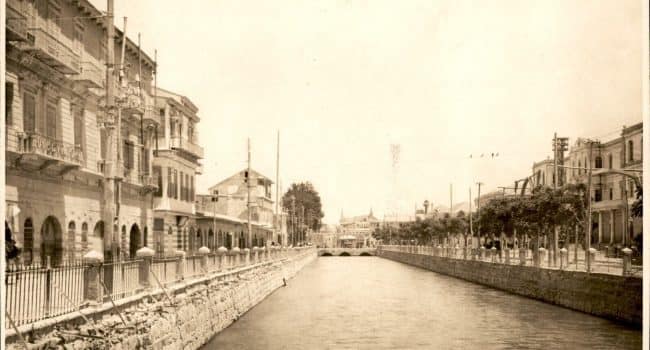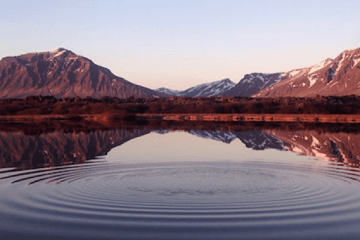
The Slow Road
Hello Friends,
How was your summer vacation? I took a short break from sending out the monthly newsletter in July and August with the intention of pausing during these months to focus on some literary and charitable projects.
The Arabic word for vacation is “ijazah” and its root comes from the word “jazah” meaning a license or authorization to do something. In an age where we are perhaps expected to be productive and in constant doing mode, it’s interesting to me that one of the definitions of this word implies we need permission or justification to rest.
So, how did I spend the summer months? I finally finished that one book that I had started reading, struggled to find time to finish but kept coming back to again. I bought books that were on my reading list. I planned out the newsletter for the coming months.
I’d also like to share two pieces of exciting news: We set up an organisation focused on promoting reading to disadvantaged communities in the Arab world called the Arab Reading Foundation (I’ll be sharing more news in the coming months); and finished the final draft of a book of poetry that I have been working on for over 6 years. It’s gone through several transformations and edits over the years and spanned two languages before going back to Arabic. I know of many writers and poets who spent years working on one book but somehow never imagined that I would be one of them. But that’s the literary life. The characters themselves dictate the direction of the writing and only they can tell us when it’s ready.
I’ve lived with this collection of poems for all this time as though living with family members. As with every family, there were times of harmony and times of discord and misunderstanding. Some parts of the poems were easier to write, and others remained stubborn, arguing and resisting until they were satisfied with the outcome. I understood that I was not alone in the writing process but involved in an intricate dance and conversation with every character.
During challenging poetic moments, I needed to remind myself to return to feeling the beauty of words and to bask in the gentleness of poetry. At the same time, I had to find a way to hover in that subtle space of tension that’s necessary to convey a certain idea or truth. I had to hold both opposing forces between the pages of the book. The act of writing poetry makes life a witness to all its joys and sorrows.
I’ll leave you with my translation of the poem sung by the incomparable and legendary Lebanese singer Fairouz. As she enchanted us with her voice, she also breathed life into the words of Saeed Akl’s poem “Take Me into Your Eyes.” (Saeed Akl was a Lebanese poet, writer, playright and philosopher, 1911-2014).

Nawa(1) has appeared
and the chords cried with longing
Take me into your eyes and run away oh moon
All that’s left of the night is a quivering voice, doves and lost flowers
Take me into your eyes and run away oh moon
In you Barada(2) I have an era to live my life
And life will steal me away from love
A lifetime, like the last day of autumn that cried
and befriended the wind and rain
Here the soil is of goodness and of music
And where but Damascus do the stones sing?
The people of Damascus are my loved ones and our meeting
is for the last days of summer, now generosity is squeezed
We perfume the white melodies sipping on them
In the evenings, no wine and no wakefulness
I was absent from them but absence stretches its hand
I’m the wing along whom travel saunters
Oh kind-hearted one, be patient with me oh heart
Our concern is for loved ones whether they stay or go
Damascus oh daughter of the present and the past, of always
You are as the sword that cuts the glory of words
You carried a world on your palms and so it turned back
To you is a universe, and destiny looked away for you
1 A city in Syria
2 A river in Western Syria
Saeed Akl translated by Ruba Abughaida
If you’ve enjoyed reading it, you are welcome to share it with someone who might like to join us.












